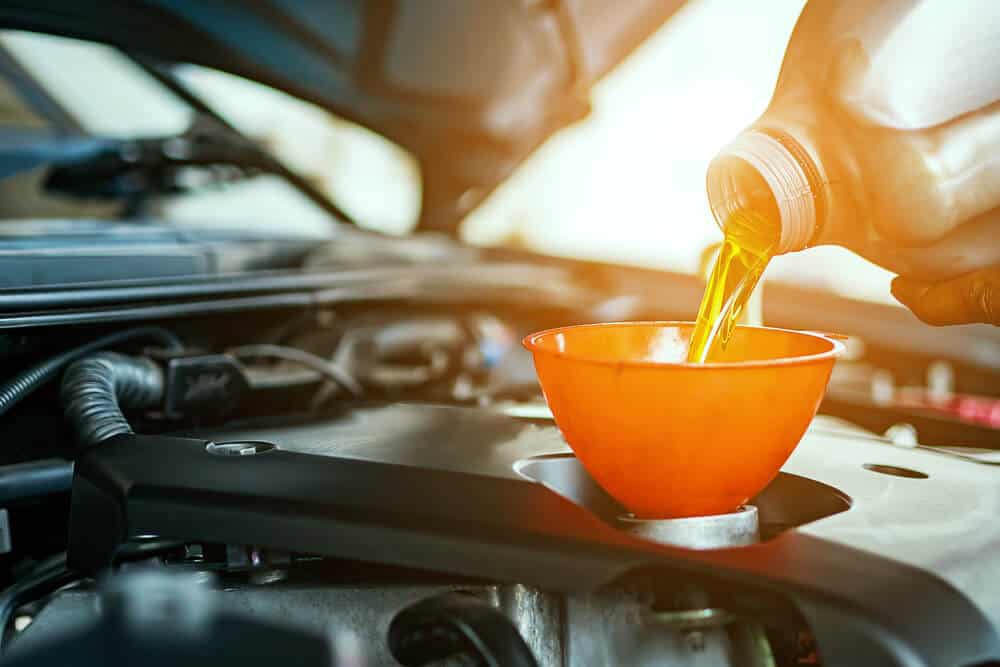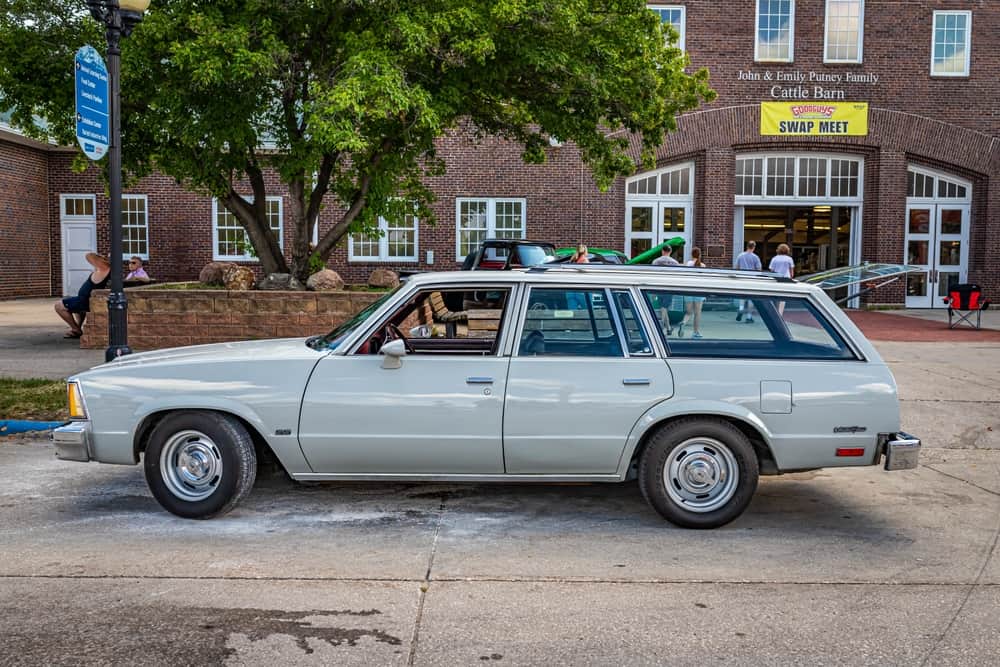Understanding the Claims Process for a Totaled Car
A swerve, a screech, and severe rattling; almost as soon as you can process what just happened, you just realized your car has been damaged in an major car accident. After assessing your situation and the driver(s) involved, now you’re in the middle of realizing you’re at a total loss when it comes to your car. Knowing the damages to your vehicle exceed the cost of the vehicle itself can be devastating news, to say the least. Now it’s time to move forward with the claims process.
Wrecked Car or Total Loss
When your car incurred significant or notable damages, your car is considered wrecked. However, your damaged car is considered a “total loss” or totaled when it will cost more to fix the car than the value of the car.
How Do Claim Adjusters Know My Car’s Worth?
For most people, it’s hard dealing with the fact that you or someone you know was in an incident involving excessive damage that now has your car totaled. So how does your claim adjuster know that the amount of damage repairs exceeds the car’s worth? The following ties into your adjuster’s calculations:
- Mileage Accumulated
- Vehicle Condition
- Vehicle Interior
- Added Parts
All of these factors go into how much your car is currently worth and whether or not that means your vehicle is now wrecked or totaled.
Filing a Total Loss Claim
In order to find out if your vehicle is now total loss car, you must file a total loss claim with your insurance company as soon as possible. You’ll need to provide your insurance company with the vehicle’s title, license plate, the key, and if necessary, the lienholder’s contact information. Your company needs all of this to inspect the vehicle, then determine the value of the car, the cost to fix it and the actual cash value (ACV). Once the costs have been determined, your adjuster should provide you with paperwork explaining the details.
Usually, the two options to choose from are full settlement or partial settlement. Full settlement means giving your vehicle to your insurance company. A partial settlement means you can salvage or sell the vehicle. If you’re not so anxious to get paid, you can also donate your car for a tax write-off for the following year.
Replacement and Reimbursement
As you can imagine, your options with a total loss car are limited. If you’re wondering if there is some kind of total loss car insurance before this happens, the answer is yes. If prior to the accident, you purchased collision coverage or comprehensive coverage under your insurance, total loss vehicles will be much less of an issue than if you were not covered at the time of the accident. If your vehicle was involved in an accident with another vehicle, you’ll want to be covered with collision coverage. If your vehicle was involved in an accident not involving another vehicle,
Hoping to get your car replaced? Unless you have a policy with car replacement or your car is brand-new (three months or less), you most likely won’t be looking at getting an instant vehicle replacement. In the case that you don’t have vehicle replacement coverage and the amount on your actual cash value check is less than expected, you’ll want to be covered with GAP insurance. GAP is an acronym for Guaranteed Auto Protection which allows you to freedom from having to pay the remaining amount of your car’s lease/loan payments. Without GAP Insurance, you’re going to have to pay off the rest of the payments for the totaled vehicle.
Regarding your total loss vehicle’s status with the Department of Motor Vehicles, your vehicle has to be registered as a salvage title if you choose to repair it and drive on. Otherwise, you can send your car to the junk yard, which is the usual response.
It’s always better to choose an auto insurance company that can take you through the ins and outs of your total loss claim. Freeway Insurance offers free car insurance quotes online or over the phone (800) 777-5620. Quotes are free and it takes just a few minutes to find out how much you can save on car insurance.
- Tags:
- auto insurance



